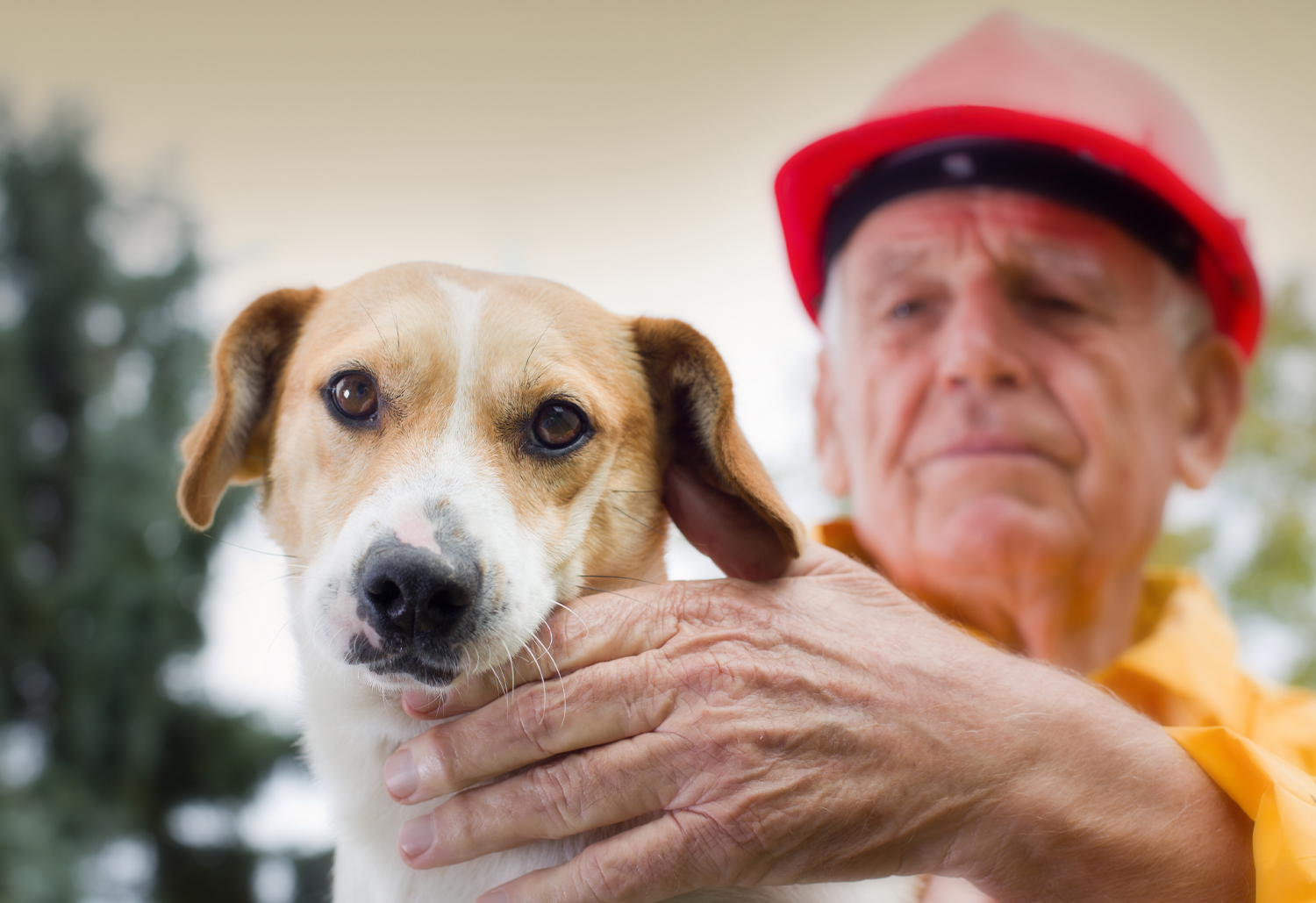|

The perils of Fire Engine Medicine
One of my university professors told my class of veterinary students that there are two ways of practicing medicine. One of those was “Fire Engine Medicine”. I often think of those words in clinical practice more than 30 years later.
So what did my professor mean? Perhaps many of you already know the answer. He meant that we can work hard to prevent diseases or we can treat them once they happen. Waiting to treat after the disease has arrived is similar to having fire fighters come to your house to put out a fire. Most house fires shouldn’t happen. Being careful with open flames such as candles, heat sources such as stoves, safe wiring and electrical appliances in the home, and making sure smoke detectors are installed and working properly are ways we can prevent fires in our homes.
It makes sense that diseases, like fires, are something we don’t wish on ourselves or our beloved pets. We want to avoid a bad situation whenever possible, be that our house burning down or our pet being very sick. Some illnesses carry a poor prognosis, such as Canine Heartworm Disease, Distemper, Rabies and advanced kidney failure. Others might not kill your pet, but might be difficult to manage or expensive to treat.
I am fortunate that most of our clients don’t put their pets in a position where I have to practice Fire Engine Medicine. However, once in a while I see an exception to that and I feel sad when I do. It’s heartbreaking to treat a patient with a disease that is easily prevented. Often the patient doesn’t make it, or the owners have to euthanize their pet, or the animal ends up having long-term health problems. Fire Engine Medicine usually costs owners much more than Preventative Medicine. Smoke Detectors are less expensive than a house fire.
So what are some of the things you can do to help keep your pet healthy, the “smoke detector” so to speak?
1/ You can make sure your pet has an annual exam. A physical exam might turn up a heart murmur or a dental infection or a weight problem. Routine blood work might reveal an issue not obvious during an exam.
2/ All dogs and cats should have vaccinations to prevent contagious diseases, even “indoor” cats. Immunity should be maintained by boosters at prescribed intervals.
3/ Parasite prevention programs help ensure dogs and cats don’t get nasty “friends” such as Heartworm, nor intestinal parasites, nor ticks and fleas.
4/ Keeping your dog on leash means it won’t get hit by a car or in a fight with another dog.
5/ Being informed about plants, foods, medications and substances that are poisonous and then keeping those out of your pet’s reach is also important.
I’m sure you’ll agree that Fire Engine Medicine is not ideal. Please call our office today if you need a “smoke detector” for your pet.
|